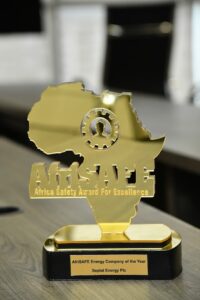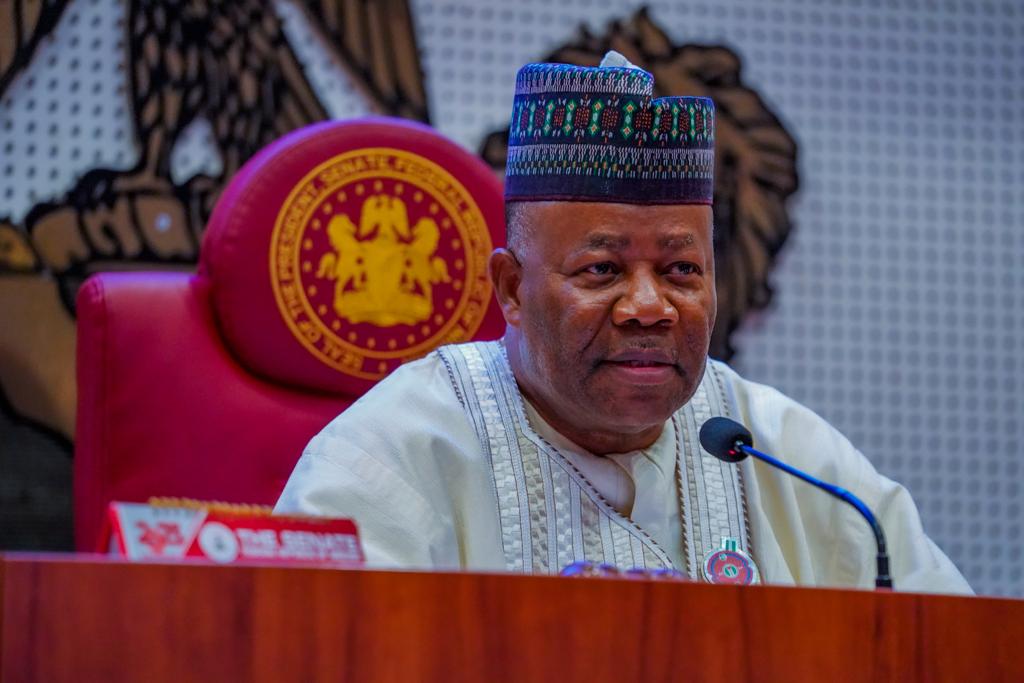The directors and associates of Union Bank of Nigeria, Stanbic IBTC Holdings, Sterling Bank and Access Holdings were granted N112.77bn loans in 2022, an analysis of the financial statements of the lenders has shown.
The banks’ financial year results and accounts for the period ended December 31, 2022, showed that insider-related loans in Stanbic IBTC Holdings and Union Bank of Nigeria were the highest among the four banks.
Specifically, the top executives and associates at Stanbic IBTC in 2022 were granted N56.5bn insider-related loans, an increase of 4.02 per cent from N54.32bn reported in 2021, while Union Bank of Nigeria declared N53.4bn outstanding insider-related loans in 2022, up from N52.8bn reported in the same period in the prior year.
During the period under review, Sterling Bank revealed that it granted N2.4bn facilities to its directors and some employees, while Access Holdings announced N469.01m insider-related credits in 2022, up from N268.21m.
The four banks had granted N113.38bn insider-related loans in the 2021 financial year.
Stanbic IBTC Holding in its financial statement for last year stated, “The Group has some exposures in terms of loans and advances to employees and to customers that are affiliated to its present and past directors. Loans granted to customers that are affiliated to directors are granted at commercial rates while those granted to executive directors and employees are granted at below-the-market rates.”
Inside-related loans and advances are expected to be in compliance with the provisions of Central Bank of Nigeria Circular BSD/1/2004 dated February 18, 2004 on “Disclosure of insider related credits in the financial statements of banks.”
The BOFIA Act 2020 bars a bank from lending more than five per cent of its paid-up share capital to any one of its directors or significant shareholders.
Furthermore, a bank’s aggregate exposure in lending to its directors and significant shareholders must not exceed 10 per cent of its paid-up share capital.
The Act also provides that credit extended by a bank to any of its directors or significant shareholders must be on the same terms and conditions as those prevailing at the time for comparable transactions by the bank with persons who are not directors or shareholders of the bank.
Shareholders react
The National Coordinator of Progressive Shareholders Association, Boniface Okezie, said there was a need for banks to reduce insider-related loans.
According to him, there is a need to ensure such loans are granted at market-determined rates.
He said, “Every director is just like a customer. There is nothing stopping them from applying for loans. But the ratio that applies to other customers should also apply to them. They could be given other incentives bordering on the period of repayment as directors of the bank who are working for the growth of the bank.
“But, as directors of a bank, there is a trust that has been reposed on them, and you can’t abuse that privilege. You must show leadership by example. A rate applies generally to every customer seeking to borrow from the bank. It should also apply to the directors because they are customers of the bank.”
On his part, the National Coordinator of the Independent Shareholders Association of Nigeria, Igbrude Moses, said that the CBN must tighten its belt and scrutinise financial institutions thoroughly to prevent shoddy and sharp practices.
He alleged that bank directors often borrow through companies associated with them, thereby making them immune to being prosecuted by regulators.
“The CBN needs to look at it because if any of the loans go bad, it will affect the banks. CBN needs to do something about it and tighten the law to prevent this having a long-term effect on the banks.”
PUNCH














